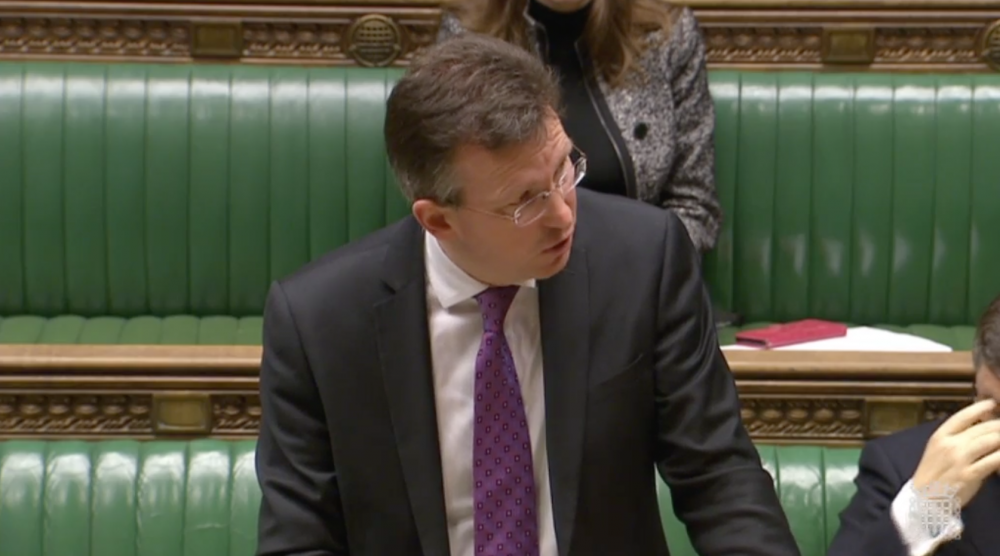Information about the Government’s plans to replace the Human Rights Act with a British Bill of Rights has been thin on the ground since the Brexit referendum in June. But the Attorney General may have just given us a little clue as to the timing of the plans.
The Conservative plan to replace the Human Rights Act with a Bill of Rights was first mooted by former Prime Minister David Cameron over ten years ago and was a firm manifesto commitment coming into the 2010 and 2015 general elections. Since the 2015 Election, numerous reports have suggested that the Bill of Rights was about to be announced.
Then it was reported by The Times back in August that Theresa May has asked Liz Truss, the Justice Secretary, to revisit the plans after the UK voted to exit the European Union, and that the proposal may even be junked altogether. This was then denied by the Justice Secretary, though she gave no timetable for the plans.
This morning, the Attorney General said this, in response to a question from Tory MP and human rights critic Peter Bone:
“We remain of the view that human rights law requires reform. I think my Honourable Friend and I are in full agreement, that although we have no quarrel with the content of the European Convention on Human Rights, it is the way in which that document is applied that gives us difficulty.
“So the Government is certainly committed to seeking to do something about that. He will have noticed we have a few other things on our plate at the moment, and we will need to resolve those I think before we can resolve the matter he refers to.”
This makes it sound like changes to human rights laws may have to wait until after Brexit.
The comments may have been a little off the cuff but this is all of a piece with the leaks to The Times back in August. It would be surprising if the Ministry of Justice in particular, and the government in general, has capacity to work through, still less sell to the public and Parliament, a major reform such as the Bill of Rights.
By all accounts the imminent Brexit negotiations will take up a huge amount of the Government’s time. It is difficult to imagine the complicated and loudly opposed Bill of Rights process moving along at the same time. Not to mention that it makes more sense to think about fundamental rights once we have more of an idea of how they are going to look after Brexit.
We may nonetheless see the Bill of Rights proposals sooner rather than later. But it is looking increasingly unlikely they will appear before the Brexit issue is resolved, which could even mean after this Parliament ends in 2020.
Hat tip: Politics Home and Neil Crowther
- Subscribe for free human rights email updates
Please note, this article was written before the 2017 general election was called.







